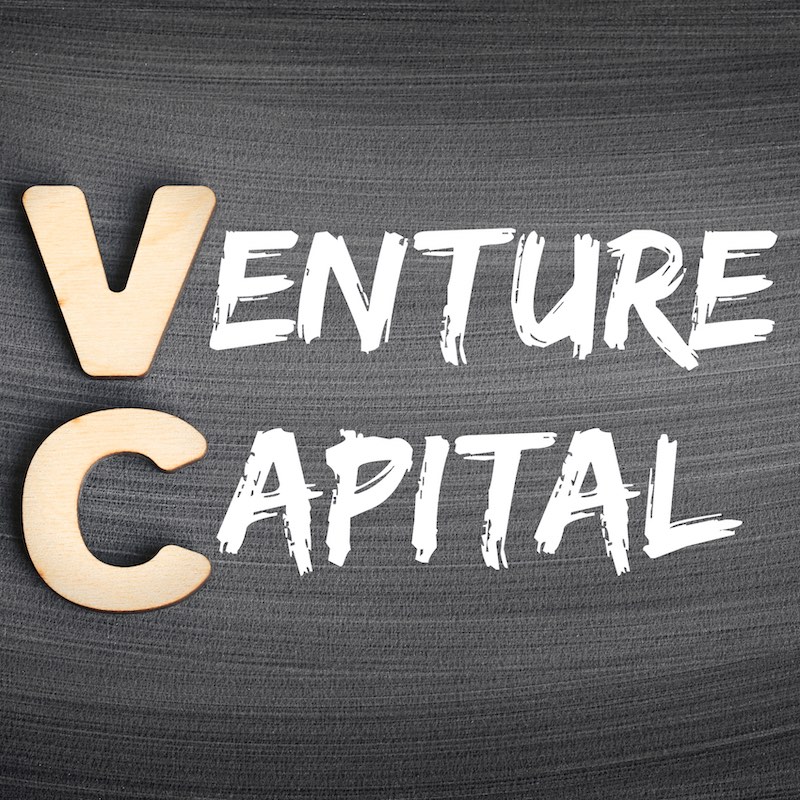
Venture Capital today…
Assembly is a specialist FinTech venture capital fund created specifically to meet the needs of early stage entrepreneurs. We believe those needs are met today (at best) only inconsistently by the VC industry. Founders and CEOs tell us the same thing again and again. Essentially, the venture capital industry is overly-focused on asset growth and is adjusting too slowly to changes in the economics of entrepreneurship.
For some time now, it has cost less to set up a tech firm; reasons include:
– a much more supportive startup ecosystem — e.g., We Work; cloud + Zoom
– many traditionally core functions can be automated, outsourced or offshored — e.g., accounting;
– distribution via the internet is cheaper and potentially at zero marginal cost;
– access to enterprise grade IT on a PAYG model — through e.g., AWS; hardware which is cheaper (Moore’s law and globalization of production); software which is cheaper or even free — through e.g., offshoring and open source.
What all of the above means is that for the founders of an early stage firm the marginal dollar invested by VCs — critical as funding always is — is worth less than it used to be.
As a result, the venture capital (VC) industry is, we believe, well into a transition and moving to a ‘barbell’ industry structure:
– VC firms have been incentivized by fee structures to become ‘asset gatherers’. Many (most?) VC firms have silently de-emphasized investment performance to take advantage of performance-insensitive (in the medium-term) asset allocation to the alternatives space. These venture capitalists are incentivized to raise large funds and, as a result, …
– … have to make larger investments to have any impact on the performance of their funds. Smaller investments seem uneconomic to this kind of venture investor, but…
– …early stage firms now need much smaller dollar investments (as we show above).
– Hence, the actual cash needs of startup firms conflict with those of most VC firms and these needs are now often met by Angel Investors.
– When this happens, the founders may develop strong relationships with their Angel Investors. These are not necessarily easily displaced by VCs and, where Angel Investors have sufficient access to capital, they may continue to invest in further funding rounds. The result — VCs are not doing all of the quality deals they would formerly have expected to. In recent years, returns delivered by the VC industry as a whole to LPs remain unimpressive.
– At the other end of the funding cycle, large global investment firms now invest in later stage growth firms before the latter go public. These firms can invest very large sums, especially in the later stage rounds of successful growth firms, e.g., the so-called unicorns. Whilst many of these have yet to return any money to funds and their LPs they are drawing large sums in investment at very high valuations.
So, VCs are being squeezed at both ends. In the environment described above, venture firms are likely to specialize – hence the barbell.
Strong early stage businesses look not just for cash but for the greatest degree of support (advice, expertise, networks, etc). Successful Angel Investors or those VCs genuinely focused on early stage firms are likely to provide this. At some later point, the founders look for validation i.e. a marquee investor. Here the very large, ‘name’ VCs have a competitive edge. Of course, they offer more than money — expertise, huge networks, advice on exits etc — and these are sometimes a huge help with scaling for the right firms but their principal attraction to an entrepreneur at the time of investment is the validation from the brand.
Hence our belief that the VC market is bifurcating with big name VCs looking to invest much larger sums in later stage deals (and raising much larger funds to be able to do so) whilst specialist VCs focus on discovering, funding and scaling strong early stage firms. For those VC firms stuck in the middle there is the risk of losing out on quality deal flow.

